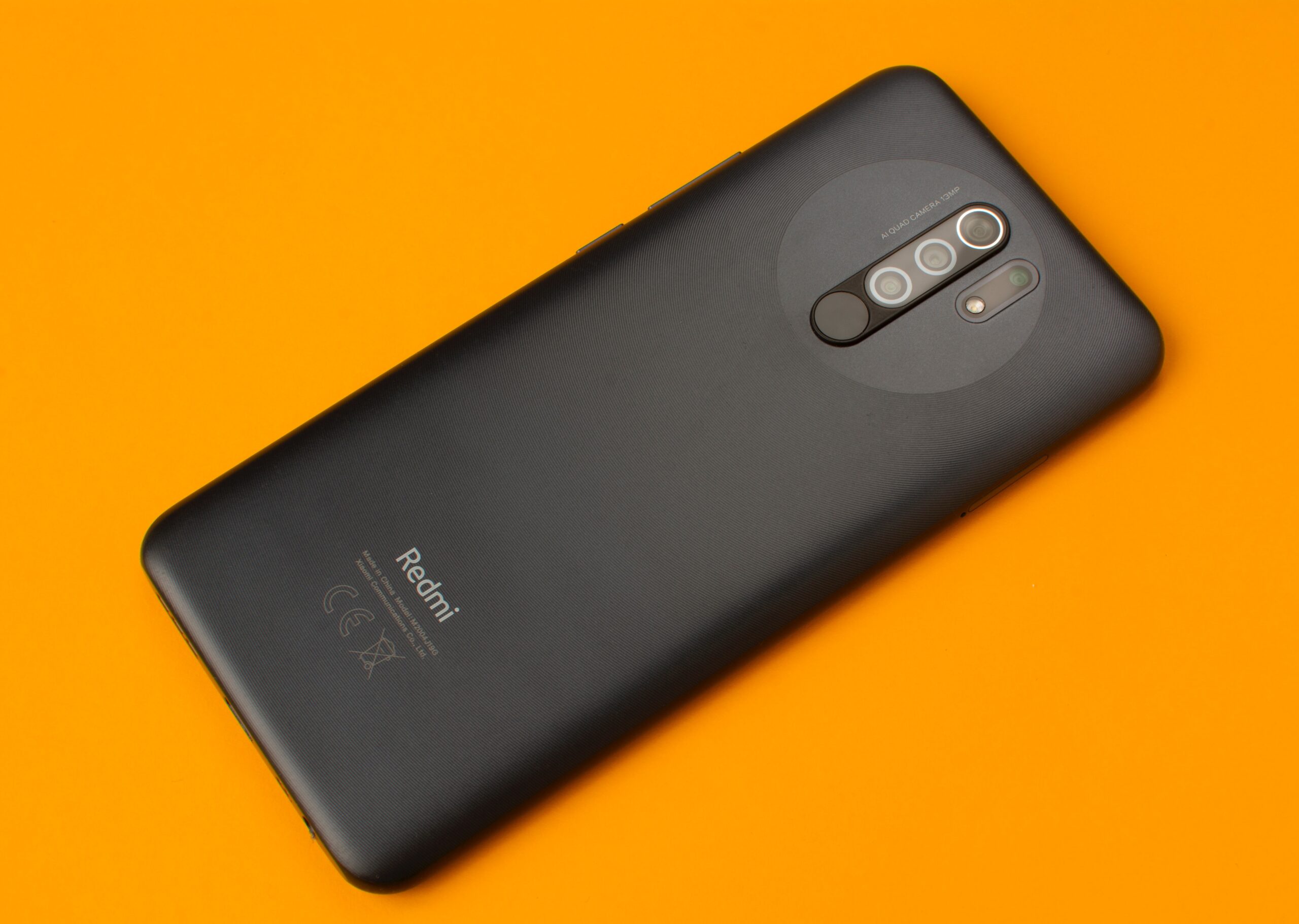Anatel approves high-speed 5G technology for operators in Brazil and should transform the current telephony scenario
Technological innovations continue to advance rapidly around the world. In Brazil, this is no different, and the arrival of 5G represents a historic milestone in communication and connectivity.
The new generation of internet is set to transform the way we and businesses use technology in our daily lives. Due to its speeds that are much higher than those of 4G, 5G offers unprecedented possibilities in several sectors.
In addition to benefiting common navigation, the technology enables advanced applications that require high speed and connection stability, especially in the era of artificial intelligence.

5G standalone: inside the new technology
For 5G to work fully, it was necessary to adapt the frequency space used, a technical task that involved significant challenges, but which is paving the way for the future of connectivity.
Thus, the main characteristic of standalone 5G is its complete independence from previous networks, such as 4G. This version, considered “pure 5G”, operates in a specific frequency band, recently released by Anatel and EAF.
Furthermore, the 3.5 GHz band, previously occupied by services such as satellites and satellite dishes, has been adapted to avoid any interference.
With standalone, browsing speeds can reach up to 10 Gbps, an impressive improvement over 4G, which reaches around 19.8 Mbps. In addition, latency, or network response time, is drastically reduced, reaching just 1 millisecond in ideal conditions.
In other words, connections will be much faster and more stable with 5G, revolutionizing experiences such as video calls, online gaming and telemedicine services.
Novelty can transform life as we know it
In general, the low latency of 5G SA opens doors to advances in areas such as healthcare, education and transportation. In telemedicine, for example, it will be possible to perform remote surgeries with greater precision.
In the automotive sector, the connection of autonomous vehicles will be safer and more efficient. In industry, real-time control of machines and devices will enable more agile and intelligent production processes.
It is worth noting that another benefit of 5G is its ability to connect a large number of devices at the same time. In a scenario where smart homes and connected devices are increasingly common, this technology allows everything to work in an integrated manner.
Additionally, 5G will bring a more reliable internet experience to users in highly populated urban areas, such as capital cities, where connectivity is compromised in crowded places. This will be possible because devices will be able to connect to multiple antennas at the same time.
Therefore, 5G represents much more than speed. We can conclude that it is the basis for innovations that can transform everything from personal communication to the most complex industrial processes. Even so, the technology is expected to fully arrive in Brazil only in 2029.



